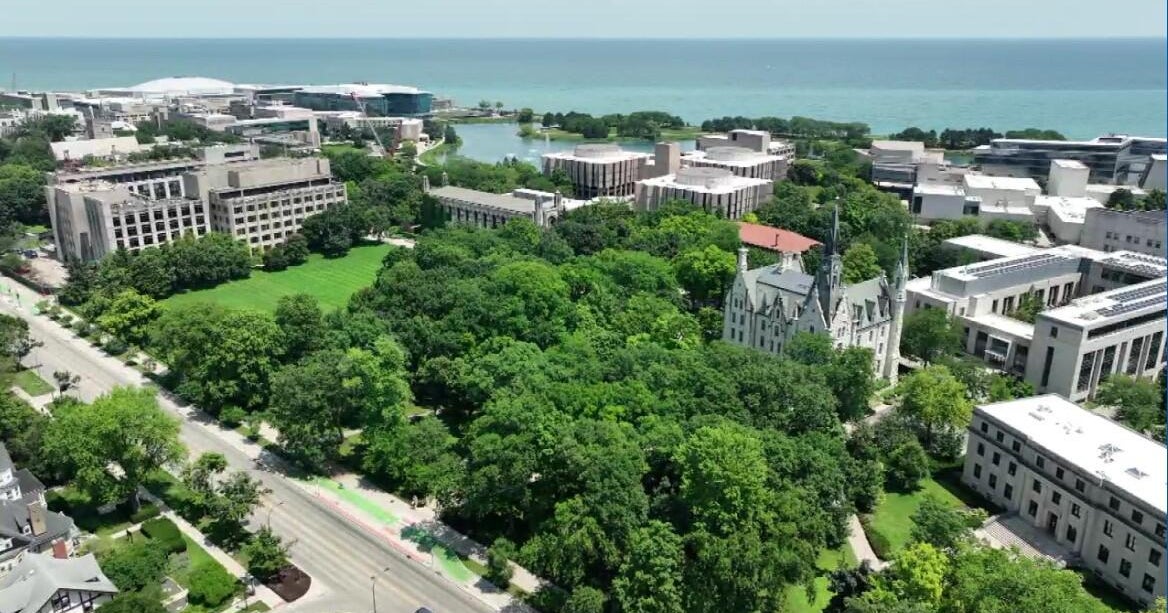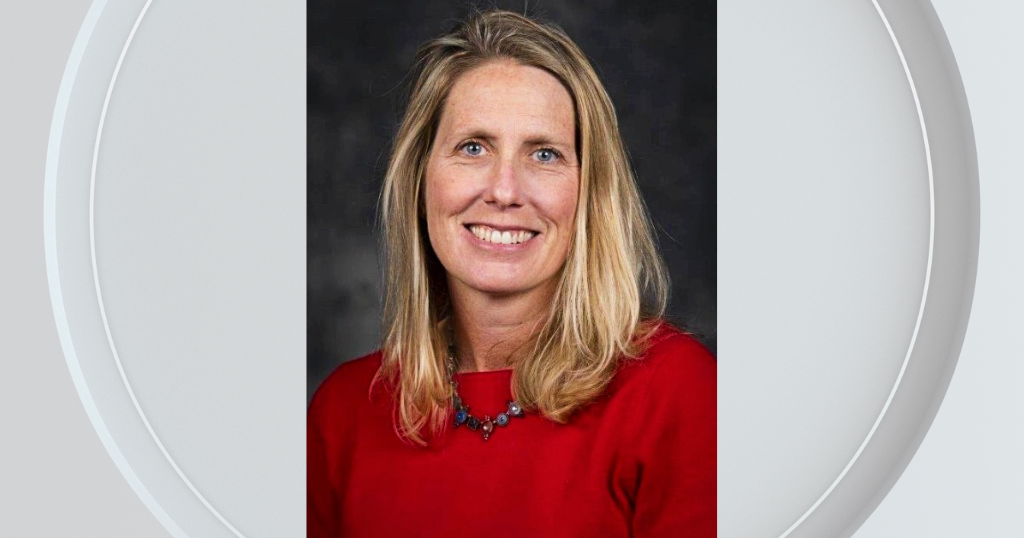Cambridge Company Advances Experimental Autism Drug
BOSTON (CBS) - Seaside Therapeutics Inc. has launched a Phase 2b clinical trial to study its drug candidate to treat autism spectrum disorders.
Cambridge, Mass.-based Seaside's new study will include 150 patients between the ages of 5 and 21, at 25 clinical sites in the U.S., and will measure the the effect of the drug candidate, known as STX209, on social impairment for patients with autism spectrum disorders.
The company said it achieved positive results in a Phase 2 study focusing on patients with Fragile X, a particular type of autism, as well as earlier studies evaluating the potential therapy on the wider autism spectrum population.
Seaside launched one Phase 3 trial in the Fragile X population in May, and expects to launch a second Phase 3 trial in the narrower population this summer.
Lisa van der Pool of the Boston Business Journal reports
"There are currently no FDA-approved therapeutics to treat the core symptoms of autism spectrum disorders, creating a vast unmet need for the millions of individuals and their families affected by this condition in the US and EU alone," Seaside CEO Dr. Randall L. Carpenter said in a statement.
"In our open-label Phase 2a study of STX209, we observed significant improvements in social impairment - a core symptom of autism spectrum disorders - including symptoms such as preference to be alone, being withdrawn or isolated, and lack of social reactivity. We are spearheading late-stage development of a drug candidate that has the potential to change the treatment paradigm for autism spectrum disorders - addressing core symptoms - and are truly excited about the prospect of helping patients and their families achieve an improved quality of life."
Autism spectrum disorders (ASD) are generally diagnosed before age three and include mild to severe symptoms including problems with verbal and non-verbal communication, social interaction, and excessive routines or repetitive behaviors, according to the National Institute of Child Health and Human Development.
ASD disproportionately affects boys and is more common among children with an autistic sibling.







